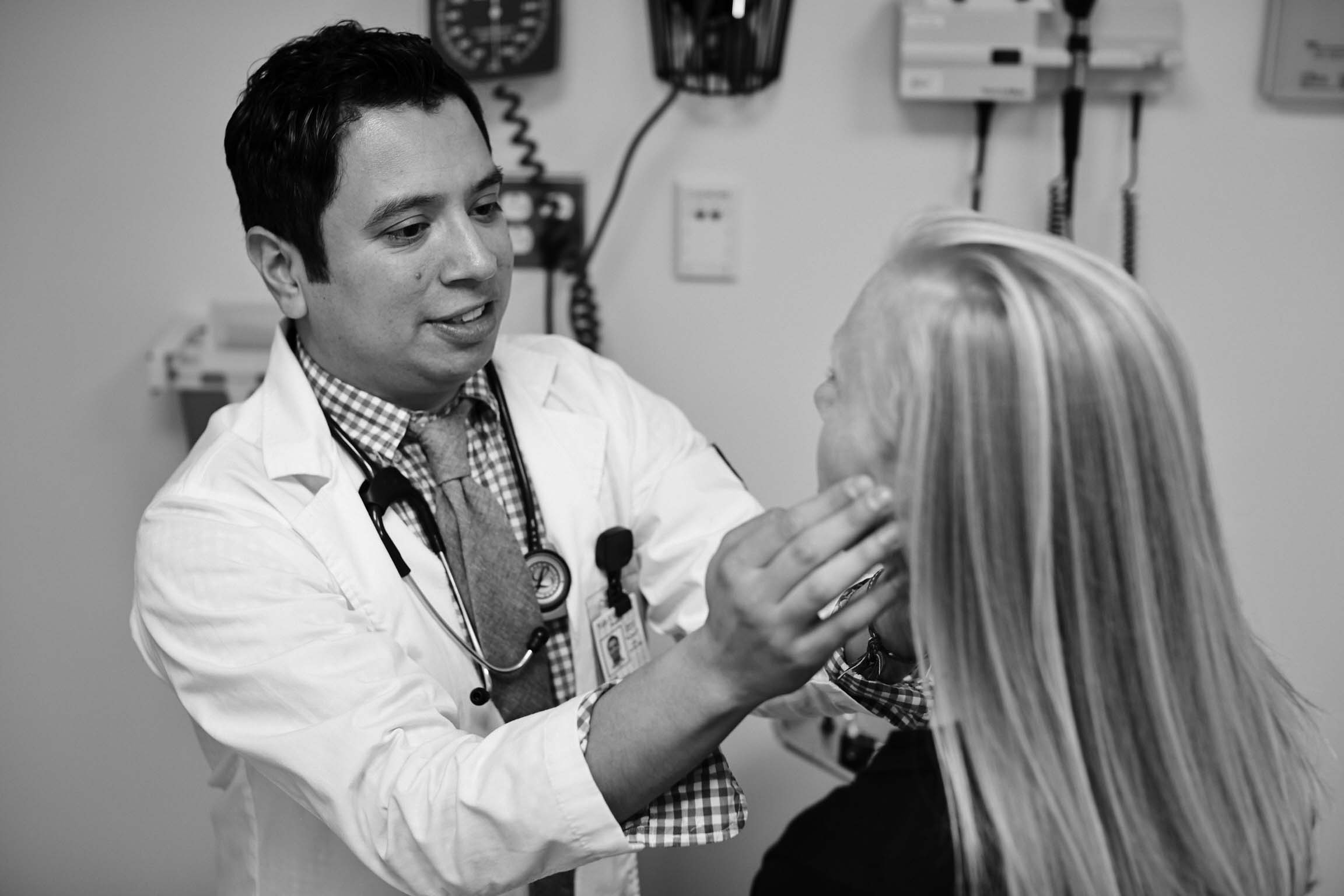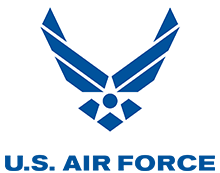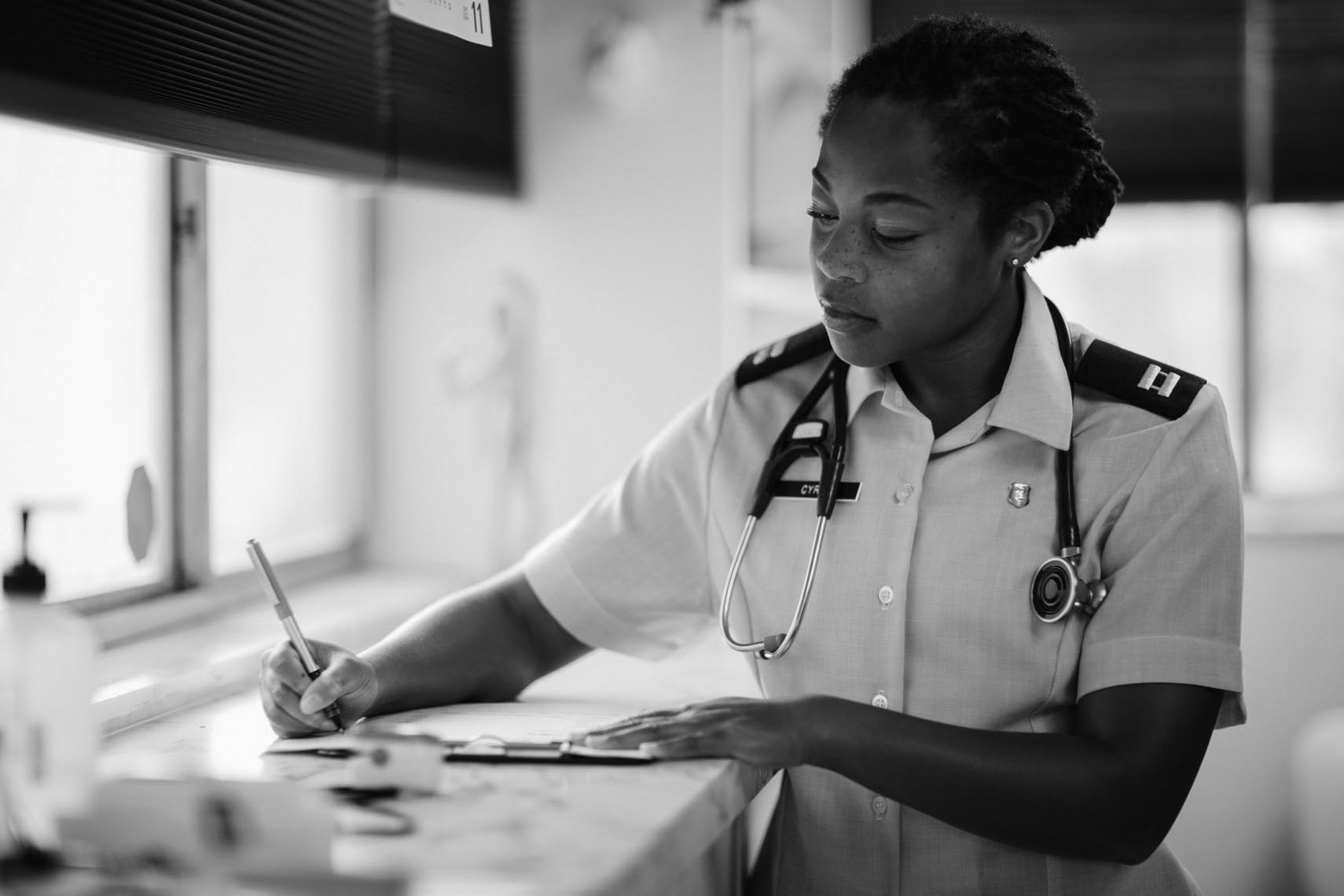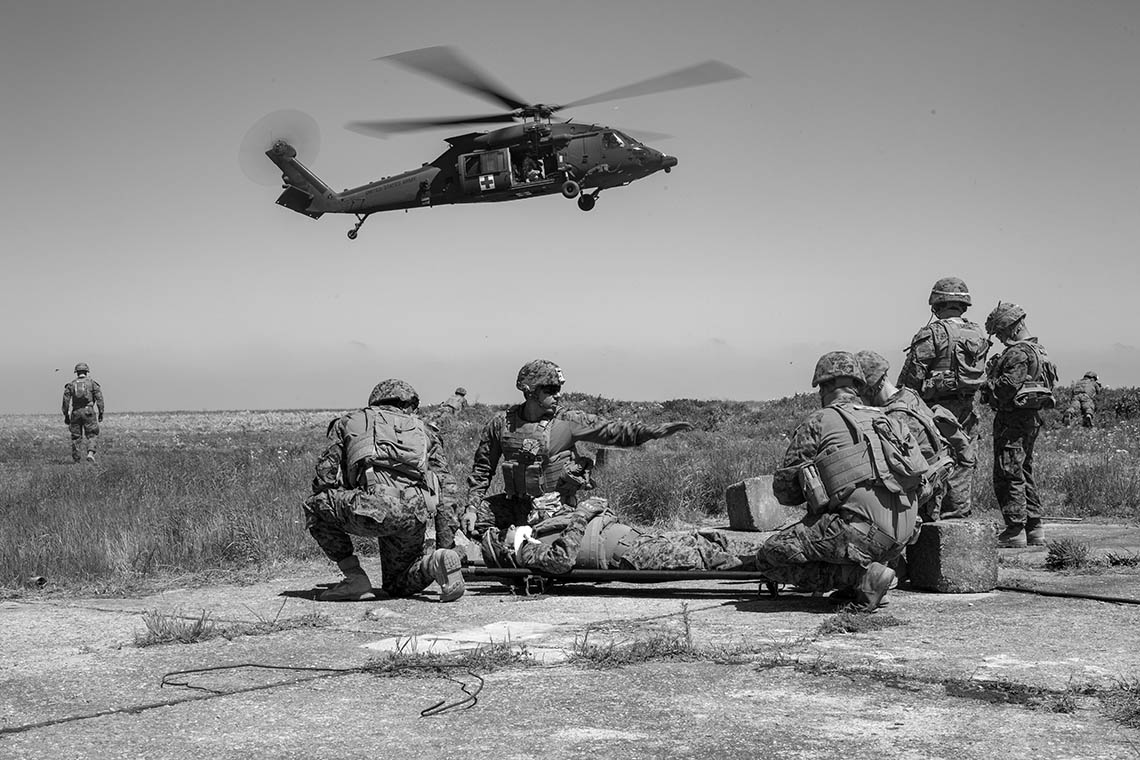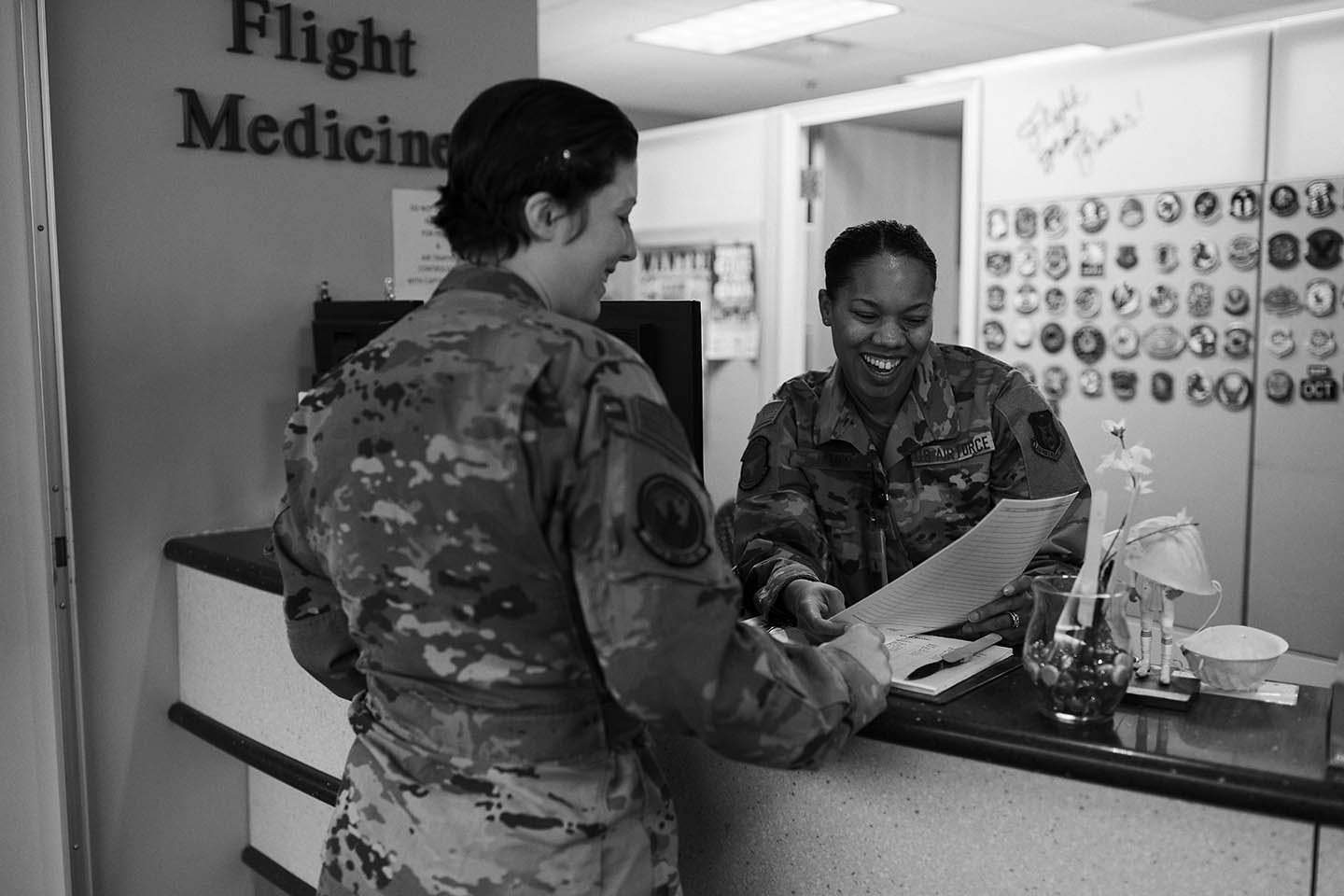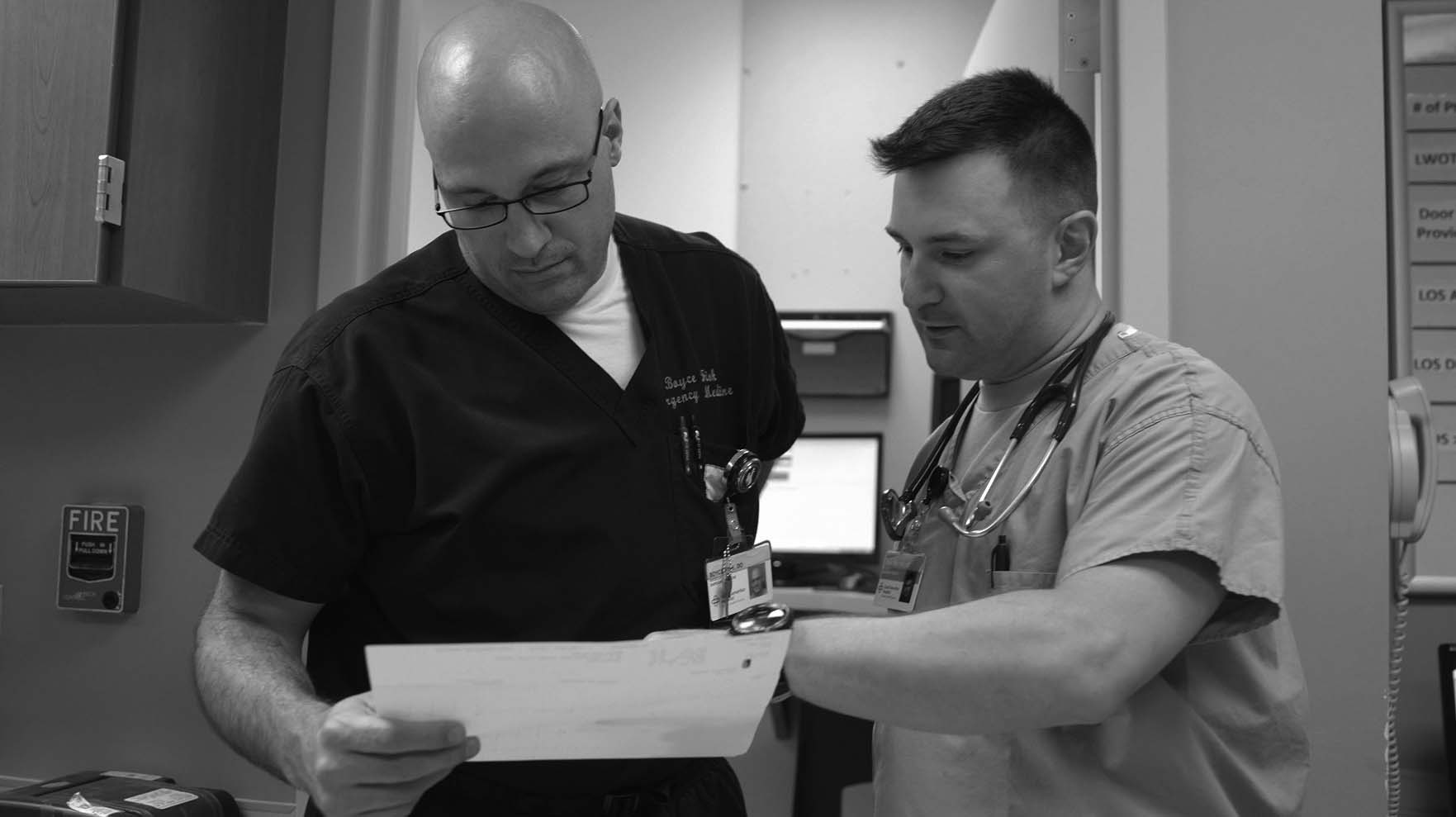- FAQs
- |
General Medical Officers
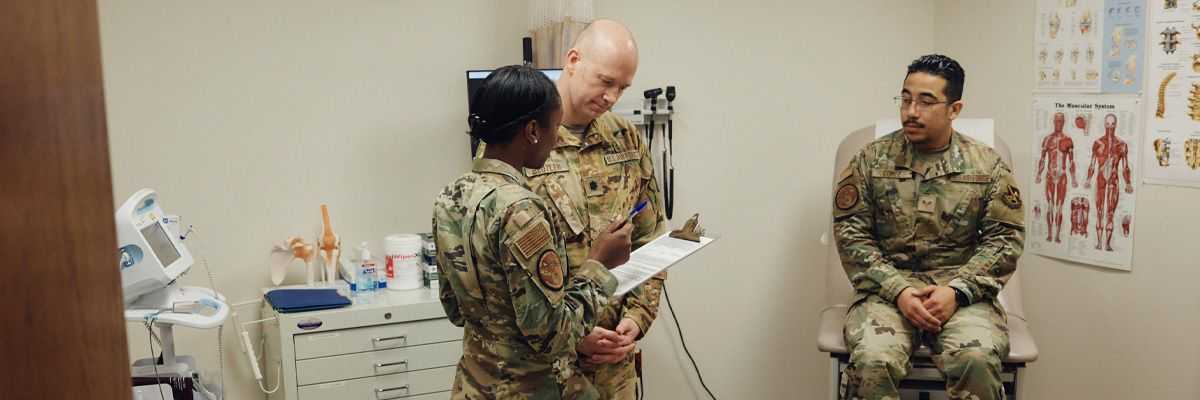
The position of general medical officer (GMO) offers a wealth of opportunity. GMOs provide primary-care medicine to active-duty personnel, which means you will get military-specific medical training. GMOs serve as flight surgeons and undersea medical officers, and they may be attached to a specific air wing, ship or submarine. Time served as a GMO fulfills your active-duty service obligation for participation in a medical scholarship program.
Since the number of military residency slots can fluctuate from year to year, you may need to serve as a GMO before you can participate in the residency of your choice. When your GMO term ends, you can reapply for your residency, or you can continue to serve as a GMO until you complete your service commitment. Service as a GMO may give you an edge if you are applying to a competitive residency.

